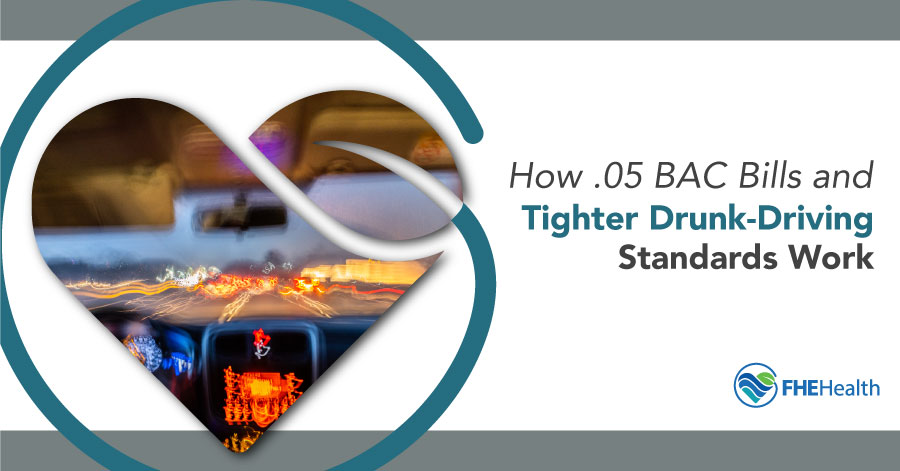
Data released in mid-2021 by the National Highway Traffic Safety Administration (NHTSA) showed that the year was on pace for the highest number of drunk driving fatalities since 2006.
U.S. Transportation Secretary Pete Buttigieg called it a crisis, saying, “More than 20,000 people died on U.S. roads in the first six months of 2021, leaving countless loved ones behind. We cannot and should not accept these fatalities as simply a part of everyday life in America.”
Driving under the influence of drugs and alcohol is clearly a problem that’s out of control, but Utah may have taken a step in the right direction. In 2018, a bill went into effect that lowered the legal blood-alcohol concentration (BAC) limit from 0.08 to 0.05.
In this piece we’ll examine laws like the one passed in Utah and assess whether they can be a limiting factor for fatal drunk driving accidents nationwide.
What the Current Law Is in Most States
As of March 2022, every state but Utah still uses 0.08 BAC as the lower limit for a DUI or DWI charge. States vary in the BACs at which penalties become harsher, but prior to 2018, when the Utah change went into effect, the following was true: As long as a person had a valid driver’s license, they could safely operate a motor vehicle with a BAC lower than 0.08.
Effects of Lowering the Legal Limit
The winds of change started blowing when the Utah legislature signed HB 155, “Driving Under the Influence and Public Safety Revisions,” into law in 2017. This piece of legislation changed the minimum BAC for a legal adult from 0.08 to 0.05 in response to a significant uptick in drunk driving arrests.
In a report reflecting on the success of this novel legislation, the NHTSA cited improvements in key markers across the board:
First, Utah reported a reduction in fatal crashes despite an increase in total miles traveled, especially compared to other U.S. states during the same period. Additionally, the law seemed to have had an impact on drivers’ behavior. According to the same data, 22% of alcohol drinkers said they used other methods like arranging a sober driver or using a rideshare service when they felt they’d consumed too much alcohol to be on the roadway safely.
In a press release, NHTSA’s Deputy Administrator, Dr. Steven Cliff, said, “Utah typically has one of the lowest rates of impaired driving fatalities in the nation, but this study shows that all states have room for improvement …. This study will be a useful tool for other states considering a move to 0.05%.”
Could a Stricter Standard Have Broader Effects?
These conclusions are made using relatively small sets of data domestically, but it’s worth noting the global changes to this standard that have occurred over the past few decades. Countries like Australia, Sweden and France have tested or adopted this change and seen similar reductions in roadway fatalities and drunk driving incidents.
Mothers Against Drunk Driving (MADD), a anti-drunk driving advocacy group, cites studies that suggest roadways would be significantly safer if these laws went into effect nationally. For example, there’s research to support claims that drivers at 0.05 – 0.07 BAC are around 7 times more likely to be in a fatal crash than drivers without any alcohol in their system.
A 2016 survey indicated that 63% of American drivers would support a national change in the legal blood-alcohol limit to 0.05. There are currently several states with similar bills in consideration.
The Movement To Limit Excessive Drinking
Utah’s bill to change the legal BAC limit from 0.08 to 0.05 has shown promising results, but something else that can effectively decrease drunk driving is an effort to expand access to treatment resources for compulsive alcohol use. If you or a loved one are showing signs of being unable to control your alcohol consumption, contact FHE today before it’s too late.






